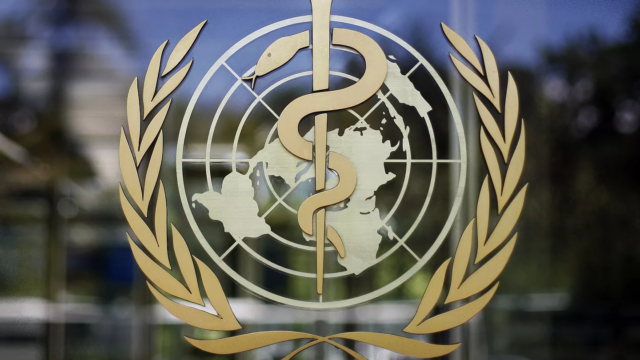Swami Subramaniam, Physician Scientist, and Aparajithan Srivathsan, hospital strategist, spoke to ET on the sidelines of a discussion of their new book in which the duo has proposed seven principles to make UHC a reality in the country. Underlining some of the challenges in the current system, the book highlighted that “Primary healthcare in its current form is in its death throes. For its revival, it should be transformed into a new version called Comprehensive Health Care.”
To strengthen the community healthcare system, India needs to think beyond traditional methods and “apply industrial concepts,” Srivathsan said, while adding, “Currently, ASHA workers, though involved in project-based interventions, are not equipped for continuous monitoring, as non-communicable diseases require long-term, consistent care. Therefore, a dedicated cadre of trained health workers is essential, and NGOs are stepping in to fill this gap.”
Subramaniam said India is quite capable of rolling out a national health record system for every citizen. “This will be key to succeeding in delivering UHC and also controlling waste, fraud, and errors in care provision,” he said, emphasising that private provision of healthcare must be firewalled behind a comprehensive frontline system. “Managed through a public healthcare network, otherwise, for-profit supply-driven healthcare will quickly swamp our ability to pay for it.”
The duo suggested one week of intensive training, roughly 40 hours, that can equip community health workers with essential and technological skills and be “the missing link” for the system. “If we target just 1 billion people and assign 1,000 individuals to each community health worker, we would need about 1 million such workers. Even if each earns an average of Rs 5,000 a month, that’s just Rs 500 crore—a manageable amount for a country of our size,” Srivathsan explained.
The community workers would learn how to use blood pressure monitors, measure blood glucose, conduct haemoglobin tests, and use mobile apps to input the data.The book also speaks about the gaps in Ayushman Bharat and eSanjeevni (telemedicine) that address only one side of the problem while many might not be aware of the benefits or enrolled in the scheme, which community workers can facilitate.


































